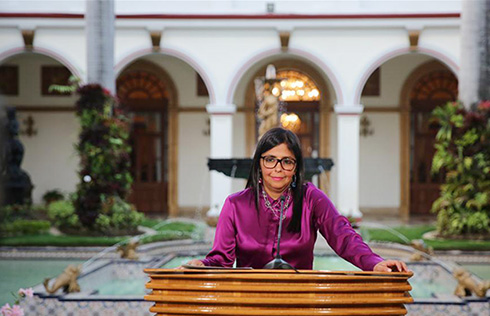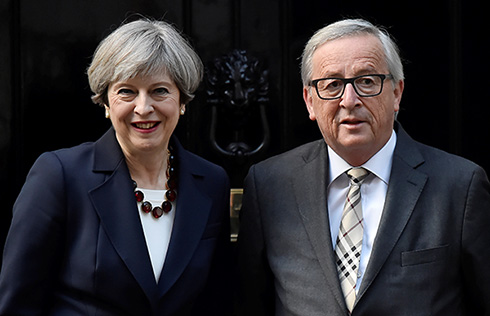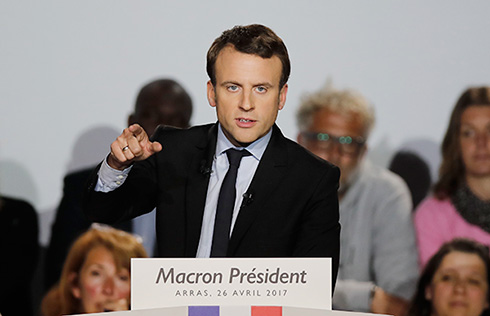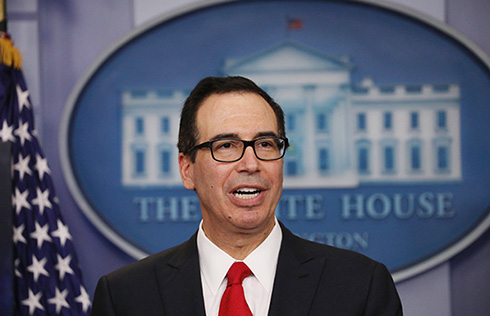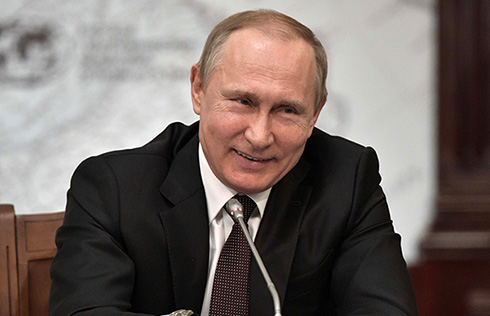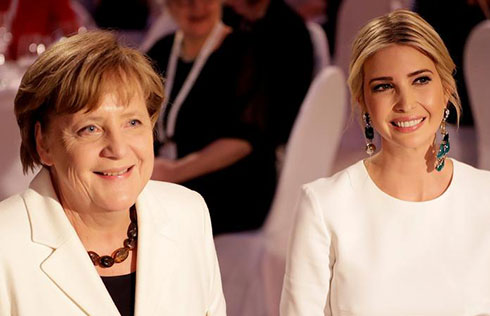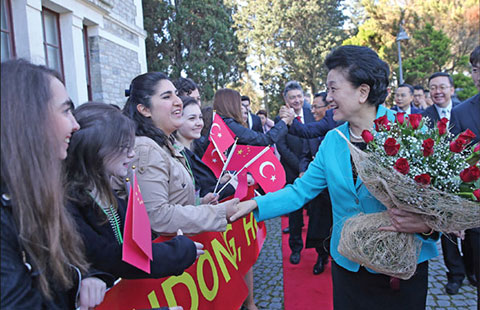For Pakistan, a win-win situation
Pakistan's participation in the Belt and Road Initiative will help the nation achieve balanced development across all its provinces and bring about economic stability, said Pakistan's permanent representative to the United Nations.
"Like China, which wants to see in its own country more balanced development between the mainland and the coastal areas, we too want to see (progress in) certain provinces of my country, which are not as developed as other parts," Maleeha Lodhi said.
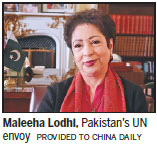
"We want to ensure that there is balanced development in our country, that all provinces benefit equally from China's investment and its critical help in Pakistan's infrastructure and, of course, the trading relationship will grow," she said.
In 2015, the two countries announced the China-Pakistan Economic Corridor, a series of infrastructure projects valued at more than $50 billion that will modernize Pakistan's roads and highways, with the crux of the projects focused on developing Gwadar Port, which will serve as a link between the Belt and Road projects and the Maritime Silk Road projects.
"I think the fact that China has stepped forward to play a leadership role in the economic connectivity of the region means that the peace dividend that this region has been waiting for so long is going to materialize," Lodhi said.
She said that economic prosperity in the region will bring about "incentives for peace", with China reversing the fortunes of a region that has seen wars, military intervention, and occupation.
Pakistan is rich in natural resources such as coal, oil and gas, but has in recent years experienced economic turmoil, slow GDP growth and low foreign investment.
The Belt and Road projects will benefit the people of Pakistan directly because Chinese investments will go to areas critical to Pakistan's infrastructure, Lodhi said.
"So really, this project is about the economic welfare of the Pakistan people, on mutually beneficial terms, because China gains, Pakistan gains - it's a win-win," she said.






